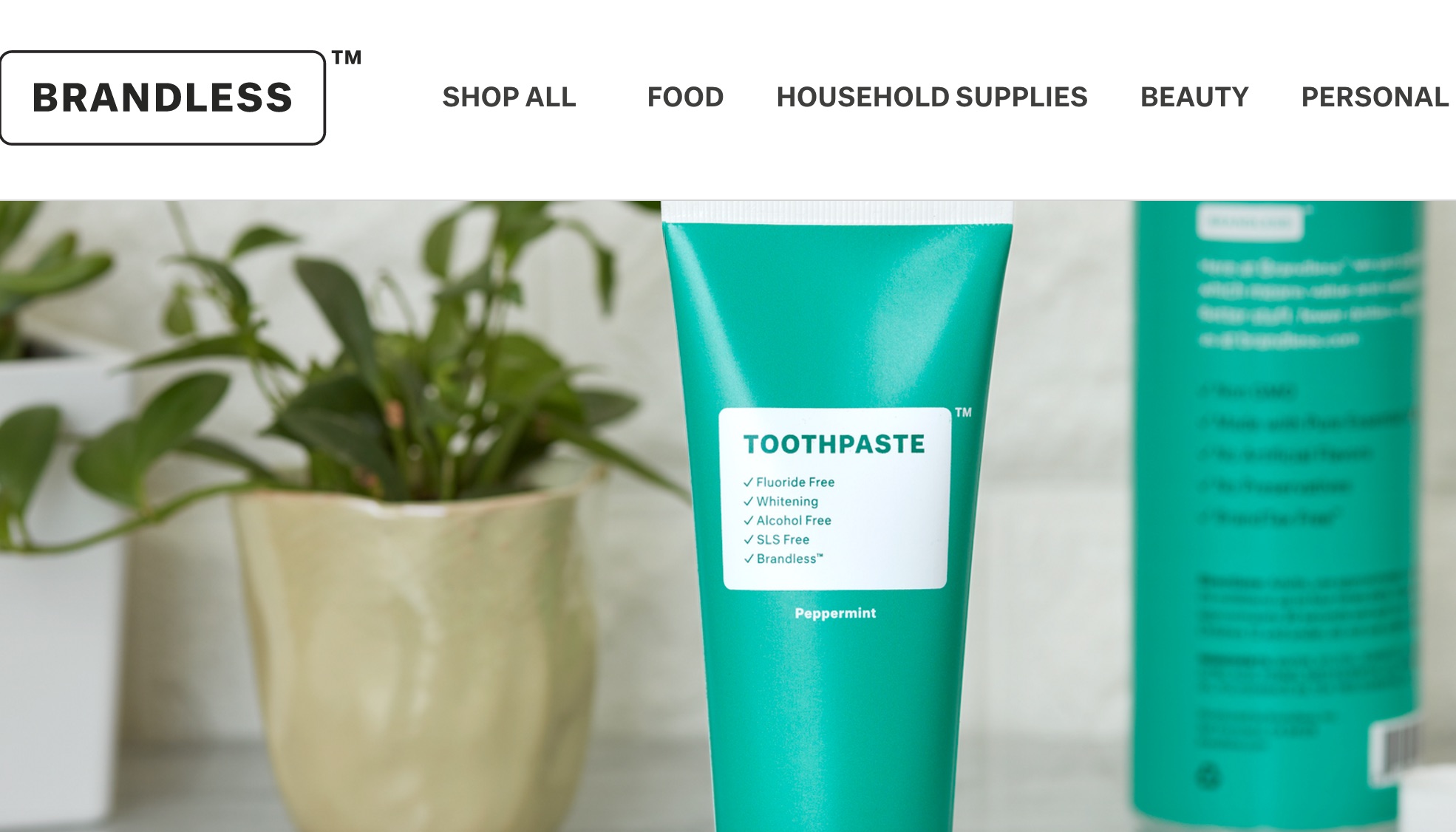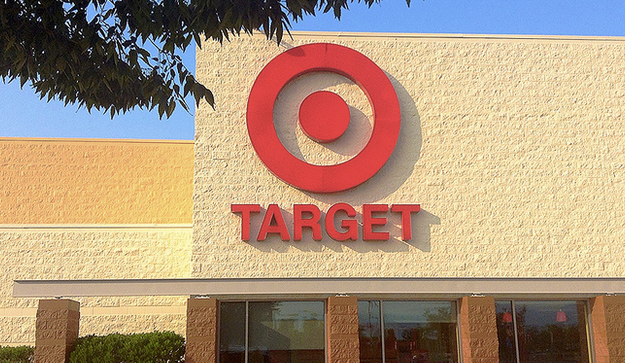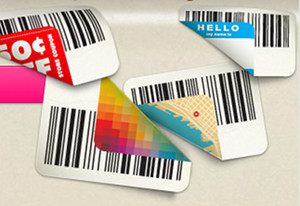A few years ago, Dollar Shave Club proved that people like receiving perpetual refills of discounted basic items in the mail. Could this business model extend to other kinds of products? The company Brandless has launched an online store full of generic items where everything is less-processed and yuppie-friendly, and each item costs $3. [More]
startups
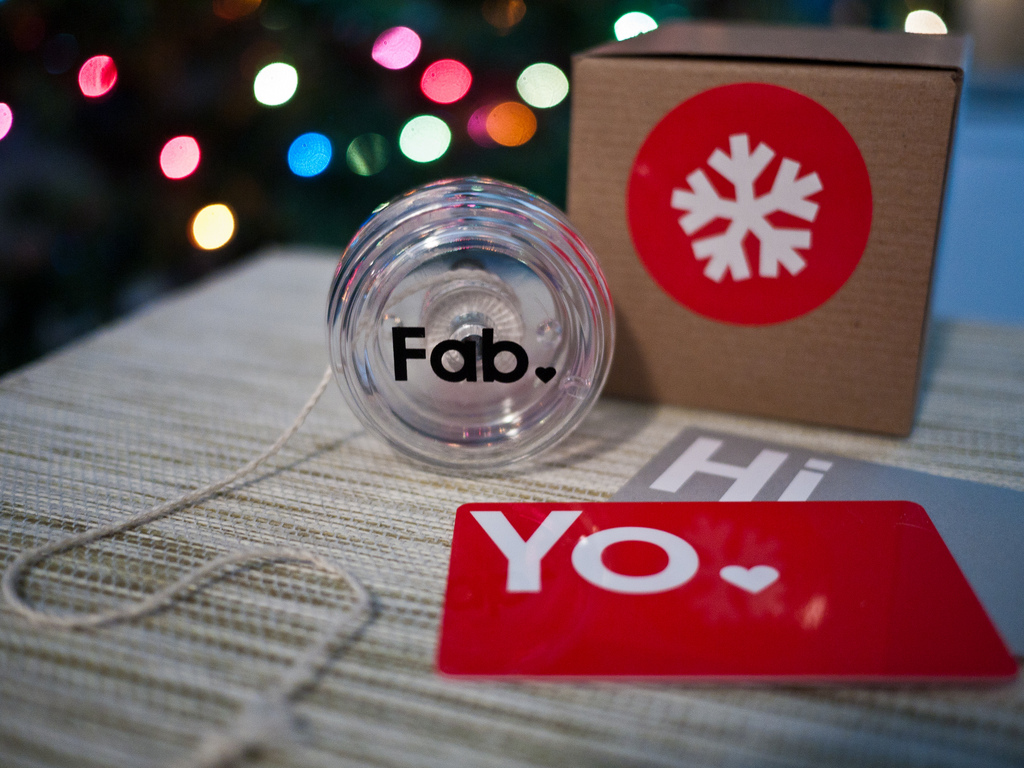
Why Did Fab.com Collapse So Quickly?
Fab was a company that you might remember seeing ads for everywhere around 2012, including TV commercials. It’s that heavy spending on marketing that helped doom the company, along with rapid expansion and other problems. The site still exists under new owners, but the company that started it was once a startup worth $1 billion. Two years later, it was dead. What happened? [More]
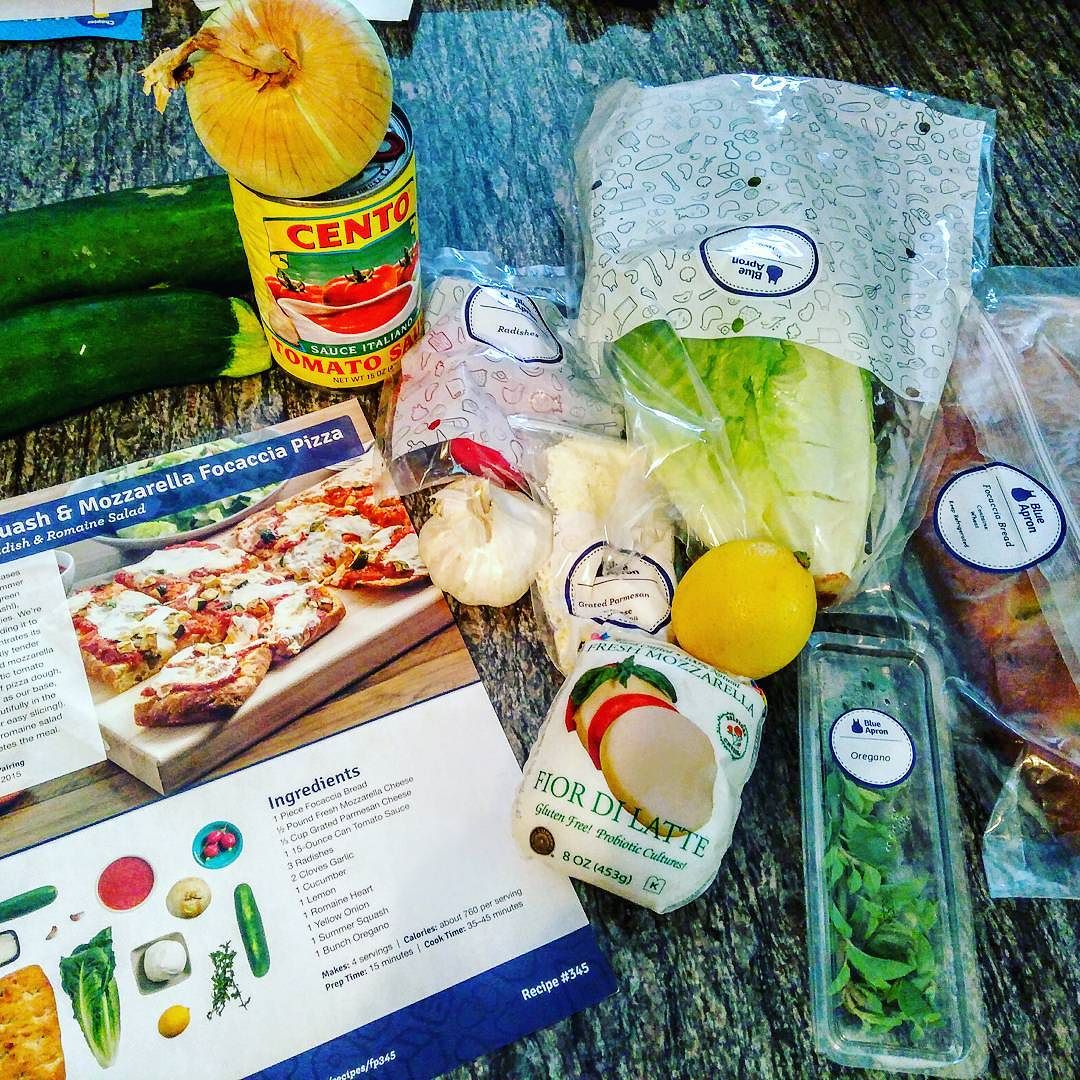
7 Things We Learned About The Rapid Expansion Of Meal Kit Service Blue Apron
If you haven’t yet tried the meal kit service Blue Apron, you’ve probably read about it somewhere, or seen one of its many, many ads online or on TV. Yet who is on the other end of the transaction, making sure that you have your tiny bag of cilantro and packing the ice with your catfish filets? An army of blue-collar workers in one of three chilly warehouses make these meal boxes happen. [More]

Startup Promising Cash For Weddings Pivots To Crowdfunding Platform, Infuriates Couples
The news went out around December: a startup in Seattle would give engaged couples loans for their weddings, and some couples receive $10,000 toward their wedding expenses with no obligation to pay it back… for as long as the couple stays together. Then it abruptly changed the entire business model when it launched. [More]
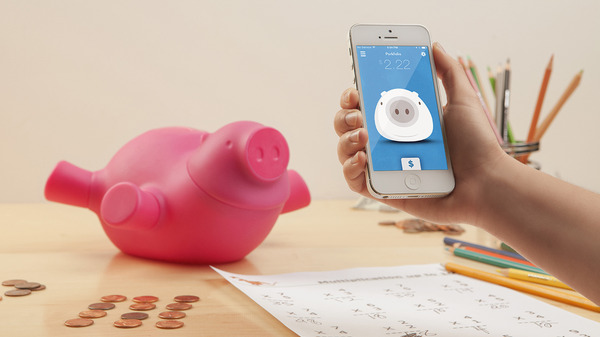
Quirky To File For Bankruptcy: Wink Connected Home Business Already Has A Buyer
Quirky began in 2009 as a community where anyone could design a product and get paid once it went to market. This led to easily-mockable products like piggy banks and egg trays that connect to your smartphone, but also some valid products, like the Pivot Power power strip. The company is selling its Wink smart-home connection system for $15 million, and also plans to sell off its name and maybe even its product-development and the community that goes with it. [More]
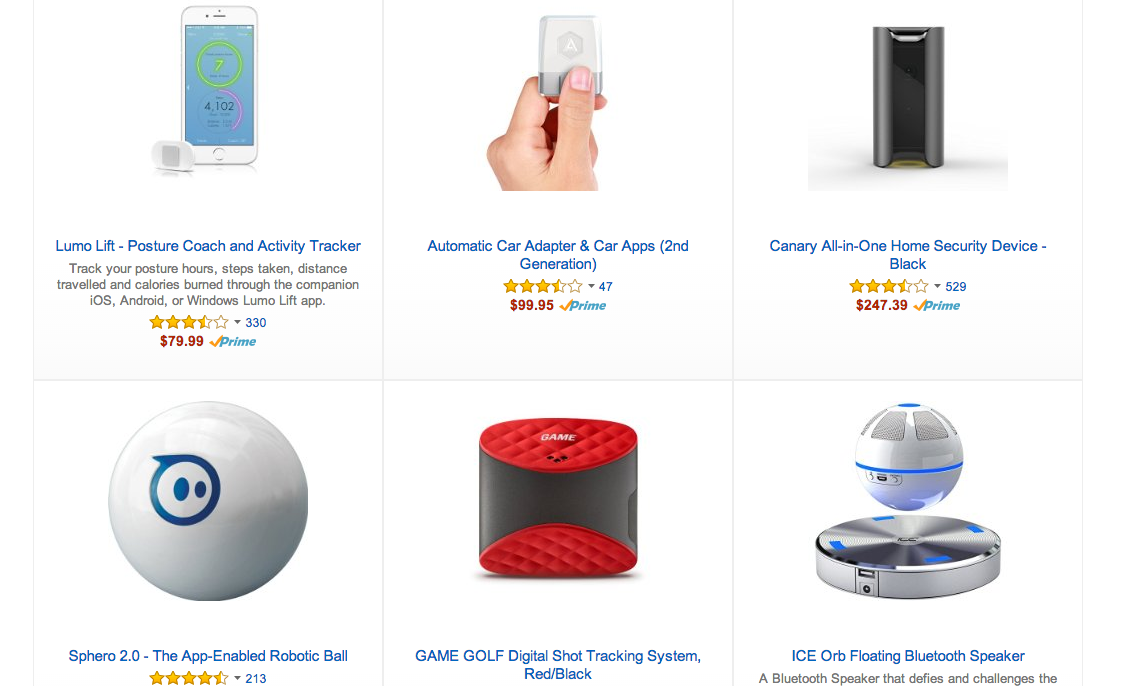
Amazon Debuts Launchpad, A Store Showcasing Crowdfunded Products
From books to mini-tanks, Amazon might be a one-stop-online-shop for just about anything consumers could desire, and with the unveiling of its new platform, Launchpad, the e-tailer is now gunning to be the one-stop-marketing-and-distribution center for startups. [More]
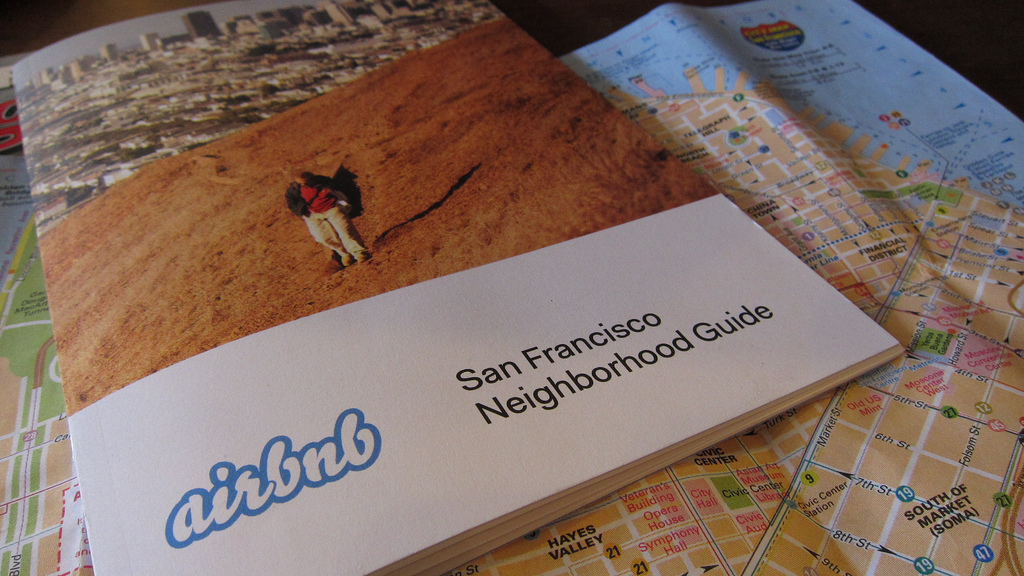
The Numbers Show Startups Can’t Get Enough Of Calling Themselves The “Uber” For This, The “Airbnb” Of That
If you’ve been hearing startup companies throw around phrases like, “We’re the Uber of [insert industry that is not ride-hailing]!” or “Our service functions just like the Airbnb of [another industry that is not renting out rooms to strangers]!” you’re not alone. A recent analysis of language used by startups to describe their businesses show that a lot of them are hitching their apple carts to those brands’ rising stars. [More]

Of Course You Can Summon A Snow Plow With A Smartphone App
People and journalists often compare new products and services to an existing company that does something similar. “It’s a StitchFix for umbrellas,” you might say about a new venture. “It’s like GrubHub, but for freshly-prepared cat meals. It’s Netflix for woodworking tutorials.” A few startups have launched a new business model that could actually work: they’re like Uber, but for snow plows and lawn care. [More]
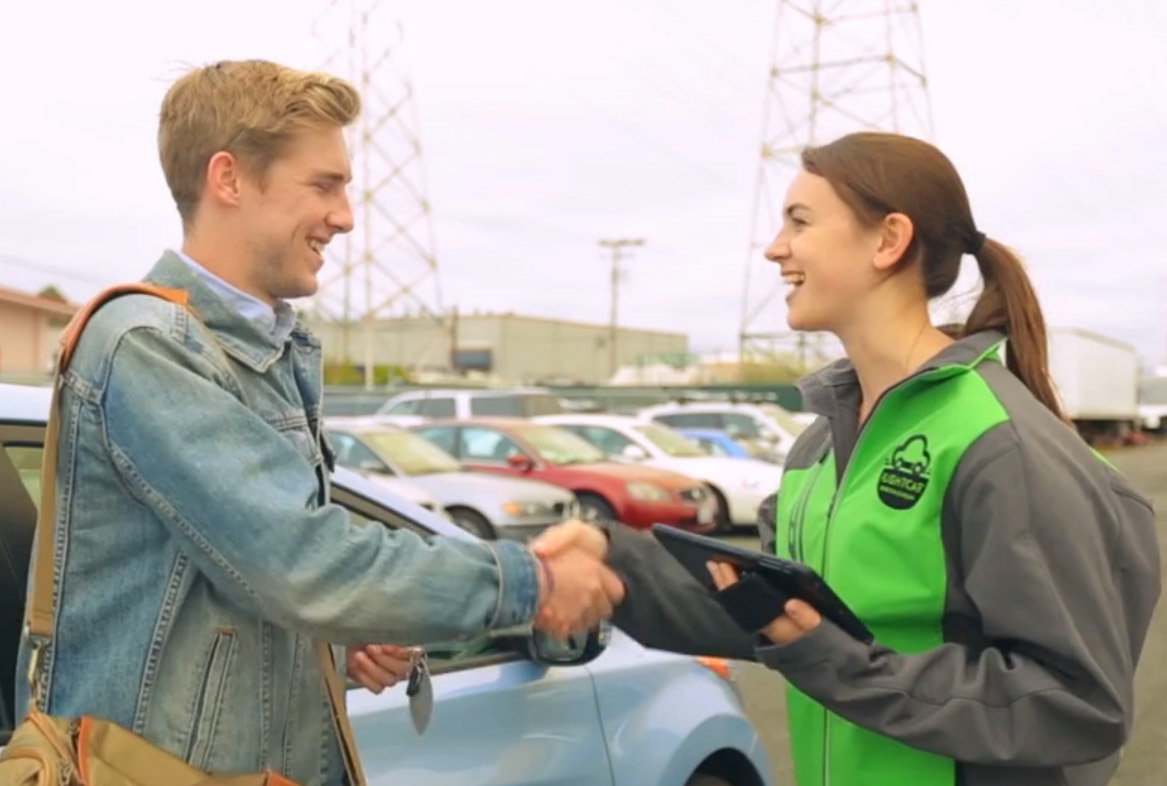
FlightCar Loses All The Stuff In My Glove Box, Isn’t Answering The Phone
What if there were an AirBNB for cars? FlightCar is a startup that aims to connect lonely cars in long-term airport parking with travelers in need of short-term wheels. This seems like a great idea….except, like many “sharing economy” businesses, it’s a great idea until something goes wrong. Just ask reader Evan. [More]
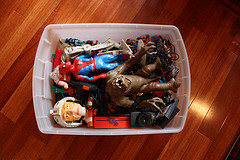
Would You Use A Netflix For Toys? It Exists.
Sure, there are Netflix-style rental services where you can rent designer dresses and accessories by mail, but would you swap toys with strangers by post? A few recent startups are betting that you will, at least to try out new and pricey toys before buying them, or to reduce clutter. [More]

Startup Swears Hardest Of Hard Discs Can Save Data Forever
The trouble with traditional disc-based data storage products is they decay over time, potentially allowing information that isn’t backed up to vanish. A startup, working with LG, plans to rectify the problem with a disc that promises to etch data in virtual stone. [More]
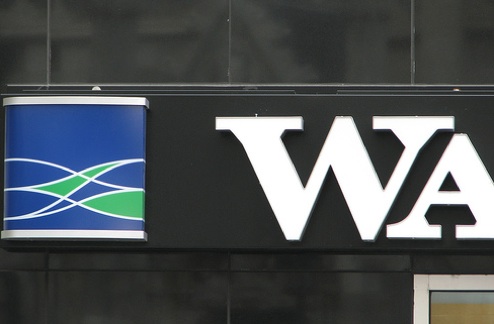
Wachovia Opens Bank Account Without Permission, Starts Charging Fees
John can’t understand how Wachovia charged his startup $12 in fees for failing to maintain a minimum balance when his company never opened an account with Wachovia in the first place. Apparently, his former bank manager decamped to Wachovia and, without his permission, opened a new account “to ensure certain money rates,” whatever that means. John isn’t mad, and the bank manager agreed to close the account, but John is a little worried because a collections agency has started calling and the account now lists $24.05 in fees.


